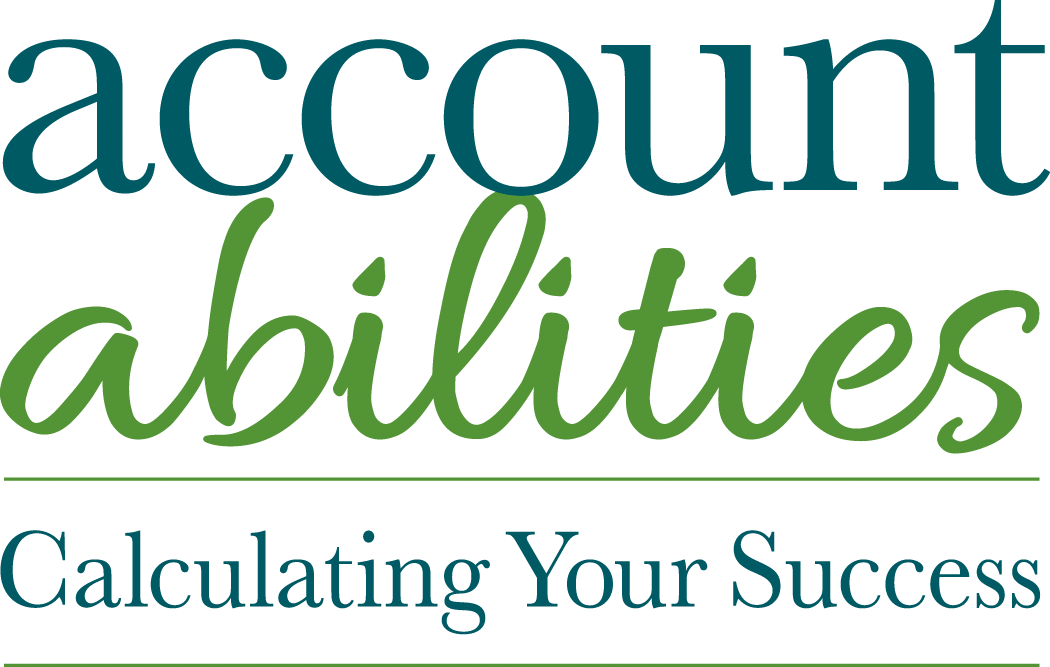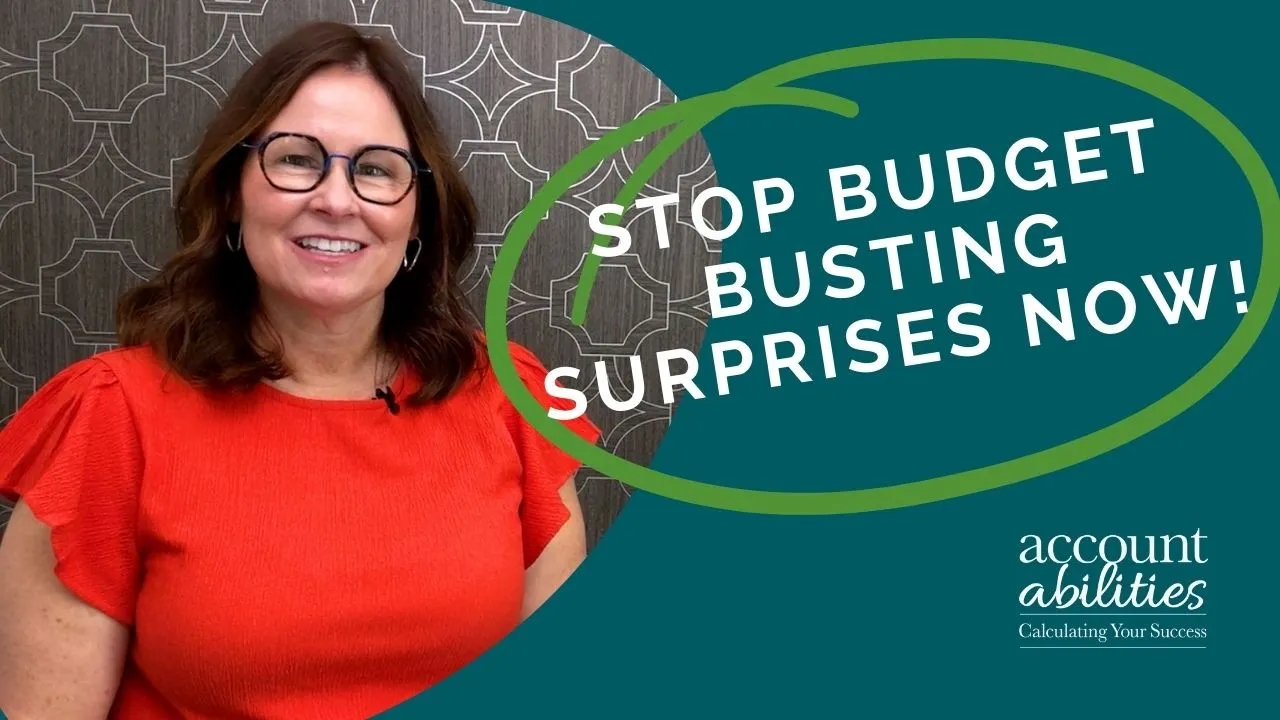Unexpected expenses can easily derail your budget, but the truth is, many of these “surprises” aren’t really surprises at all. Things like car repairs, holiday spending, and home maintenance are predictable, yet we often ignore them and hope for the best. This leads to financial stress and a depleted emergency fund. But there’s a better way to handle these expenses and stay in control of your money.
By doing a simple budgeting exercise, you can plan ahead and avoid that feeling of financial panic.
Here’s how you can prepare for these “non-surprises” and save yourself from the stress:
Key Points to Keep in Mind:
Identify predictable expenses: Think of things like car repairs, holiday spending, home maintenance, and even back-to-school costs. These are predictable and should be part of your budget.
Review your past spending: Look back at your spending over the last year. Tally up how much you spent on these “non-surprise” expenses.
Create a savings plan: Take your total from last year and divide it by 12 months or by your pay periods. This gives you a manageable number to save each month to cover these costs.
Separate from your emergency fund: Your emergency fund should be for real emergencies only, not for predictable expenses. Build a separate “Escrow Account” for your non-surprises.
Start early: The best time to plan for these expenses is at the start of the year, giving you time to save for the big ones, like holiday shopping.
Click HERE to download our helpful guide to help you plan your budget!
—
A no-stress tax season is possible! For more information visit https://acctable.com/
From confusion to clarity, Accountabilities has you covered.


